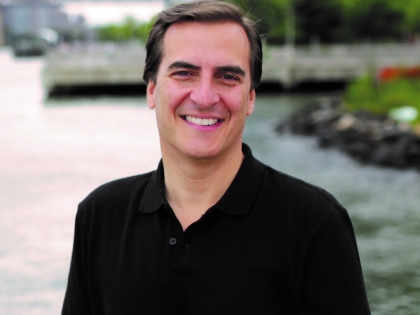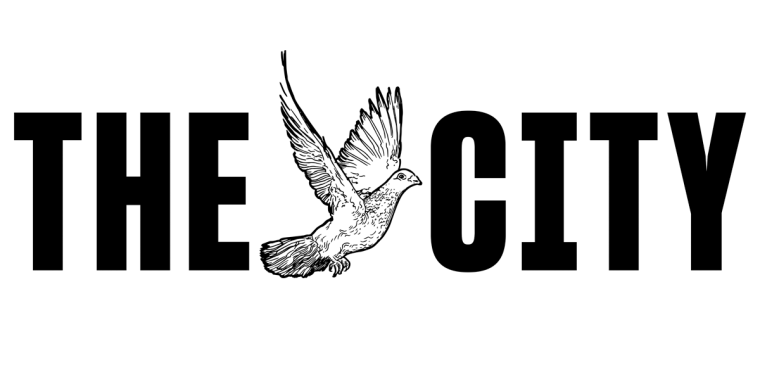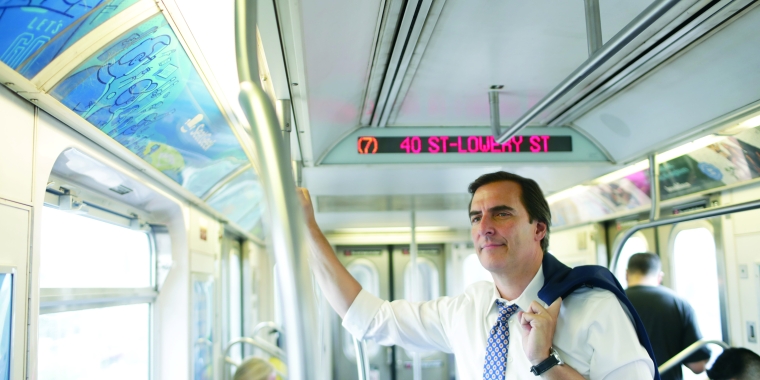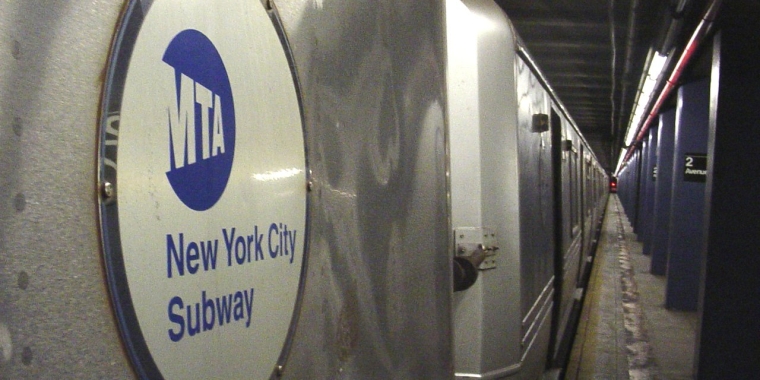
New York Times: Why New York Comedy Has Gone Underground (and Onto the Rooftops)

No one expected so many people to come to Michael Che’s impromptu comedy show in June. The Saturday Night Live performer did little to publicize it, except mention it on Instagram the day before.
But that was all he needed to do. Two weeks earlier, George Floyd had been killed by Minneapolis police officers, provoking nationwide protests, many of them organized on Instagram. Mr. Che’s show ended up being reposted by several #BlackLivesMatter accounts.
Rebecca Trent, Mr. Che’s friend and the owner of the Creek & the Cave comedy club in Long Island City, Queens, who had helped organize the show, recalled Mr. Che looking at his phone and issuing a choice profanity.
He knew what was coming: Many, many people, looking to laugh together.
“We had to close the gates, we were trying to spread people out, we were handing out masks,” said Edjo Wheeler, the executive director of Culture Lab LIC, the community center that had organized the show in its parking lot. Spectators lined the chain-link fence around the lot. People stood on nearby rooftops.
“There was a glut of humanity staring down upon us,” Ms. Trent recalled, estimating that there were some 750 people in attendance. Mr. Wheeler thought it was closer to 2,000.
It was a good sign for comedy during lockdown, which has seen vaunted clubs like Carolines and the Comedy Cellar remain dark while independent producers and comedians hustle to make gigs work outdoors.
Ms. Trent and Mr. Wheeler continued to put on comedy in the parking lot, capping audiences, installing lights and using the bed of a rusted pickup truck as a stage, a step up from some of the other outdoor alternatives (parks, rooftops) that had cropped up during the shutdown. For one thing, there was a proper sound system. And clusters of chairs, spaced apart. There were food trucks and an outside bar, too.
By late summer however, just as outdoor comedy in New York was starting to see some success, the parking lot shows, in addition to other official outdoor comedy events where alcohol was served, shut down. The New York State Liquor Authority had strengthened its announcement that the only kind of live entertainment permitted where food and drinks were served — even from food trucks — would be music. “Exotic dancing, comedy shows, karaoke,” were still prohibited, according to a statement. Restaurants could host live music, but not live comedy.
As the city continues to reopen indoor spaces, including museums, bowling alleys, gyms and, most recently, restaurants (all at limited capacity), comedy clubs, most of which have liquor licenses and serve food, remain shuttered, mostly unable to produce events without expensive workarounds. Comedians, meanwhile, have returned to more underground ways of performing outside. But now, as the weather starts to cool, those options could soon vanish.
Last week, a humorless group of comics and comedy club owners gathered outside the New York Comedy Club on East Fourth Street, in Manhattan’s East Village, to get the governor’s attention.
“We’re holding this rally to ask that New York State give live entertainment the same consideration that’s been given to other industries,” said the owner of QED Astoria Kambri Crews, one of the event’s organizers, on behalf of the newly formed New York Comedy Club Coalition. The coalition had submitted a five-page proposal to the governor in early September outlining its demands.
Speakers at the rally argued that sanctioned comedy club shows could be regulated better — through ticket sales and contact tracing. Banning them, they said, would only encourage a speakeasy culture.
“There are comedy shows going on tonight in private homes and backyards and parking lots,” the comedian Christian Finnegan said. “The only thing Governor Cuomo’s guidelines do is prevent them from being done safely.”
Mike Gianaris, the New York State senator who organized a telephone meeting in early September with state officials and representatives from the comedy industry, also attended the rally. “It’s hard to understand why comedy clubs should be singled out for different treatment when all the same safety protocols can be observed,” he said in an earlier phone interview.
Richard Azzopardi, a senior adviser to Gov. Andrew M. Cuomo, said that he was sympathetic to the issue. “If there is any time when a laugh is needed, it’s now,” he said. “We’ve been talking to the industry and other stakeholders, and it’s our hope we’ll be able to put together guidance where these performances can resume in a way that also keeps New Yorkers safe.”
Nearly a month has passed since that first telephone meeting, and not much has changed. “Nothing is moving fast enough,” Ms. Trent said. “None of these decisions seem to be based in logic.”
In the meantime, the rules haven’t stopped some enterprising clubs. The New York Comedy Club, for example, has begun hosting B.Y.O.B. pop-ups on private rooftops, where its owners don’t have to worry about the liquor authority revoking the business’s license. But the opportunity often comes at a hefty price: Rental spaces can run anywhere from $2,500 to $5,000 for the day, said Emilio Savone, the club’s co-owner, adding that the club still pays monthly rent on its two permanent spaces, although the landlords have reduced rent by about half since the pandemic.
Smaller venues without liquor licenses have it easier, as they are not governed by the state’s liquor authority. They also have lower overhead, which means they have the flexibility to produce smaller events in a shorter amount of time (under current rules, gatherings of 50 people or less are allowed).
Take It Outside Comedy, a venture started by Santiago Angel and Daniel Vezza, has used Instagram to organize three nighttime pop-up shows a week since mid-June. But the pop-ups, the locations of which are sent to attendees in the form of an arrow on a map, have their share of challenges. In late August, performers in Fort Greene, Brooklyn, had to compete with a group of maskless, singing children.
“We’re not going for a speakeasy vibe,” said Mr. Angel. “We’re just trying to do it in a way that’s sustainable.”
Rooftops offer a bit more privacy. The fate of the Tiny Cupboard, an events space run out of a one-room studio on the eastern fringe of Bushwick, Brooklyn, was arguably saved by its expansive rooftop. There, Matt Rosenblum and Amy Wong, who usually produce intimate concerts and karaoke parties, have embraced the comedy business, producing several rooftop shows a day, multiple days a week.
Suddenly, this little art space with no liquor license is doing better than more mainstream clubs that can charge a two-drink minimum. As September ushered in cooler nights, the Tiny Cupboard began to offer its patrons hot chocolate. “It would be alarming if we had a liquor license but we don’t have that at risk,” he said. “It’s a space and we happen to be doing comedy shows there.”
Read the full article at The New York Times here.



